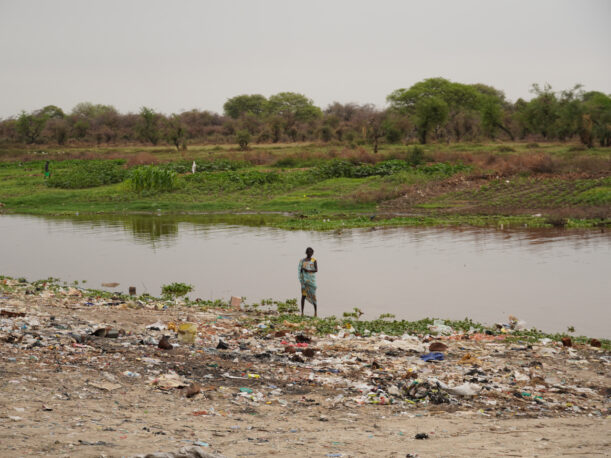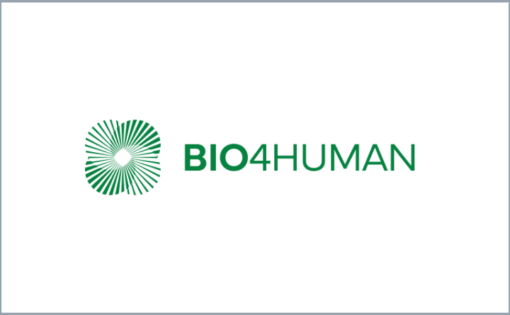The immediate aim is to provide results to two locations receiving humanitarian aid in Africa (South Sudan and the Democratic Republic of Congo). However, the outlook is to identify solutions that have the potential to be applicable in looming humanitarian challenges across Europe and internationally.
Bio4HUMAN partners will:
- Conduct a scoping exercise to develop a list of solutions and identify existing supply chain gaps in solid waste management. So far, there is no study on the topic.
- Perform life cycle assessments of the proposed solutions and evaluate their applicability regarding socio-economic, and governance aspects.
- Explore if solutions fit the purpose of key solid waste management stakeholders and explore the possibility of their acceptance by the community, local businesses, and local authorities. Bio4HUMAN will conduct a feasibility evaluation process in two African locations.
- Develop and disseminate a set of replication tools for humanitarian actors (funding and supporting organisations) willing to explore and implement innovative bio-based solutions to perform sustainably and offer circularity when delivering humanitarian aid.
The Bio4HUMAN project has received funding from the European Union’s Horizon Europe research and innovation programme.
The project partners are: Enspire Science Ltd (Izrael), Instituto Tecnologico del Embalaje, Transporte y Logistica (Spain), Universidad de Cantabria (Hiszpania), Fundacja Edukacji i Dialogu Spolecznego Pro Civis (Poland), Človek v tísni Ops (Czech Republic), WeLOOP (France), Irish Bioeconomy Foundation (Ireland), Polish Humanitarian Action (Poland), AIMPLAS – Asociacion de Investigacion de Materiales Plasticos y Conexas (Spain), BioEast Hub CR, z. u. (Czech Republic).
The Bio4Human project website can be found here.





